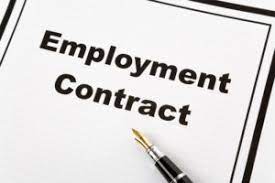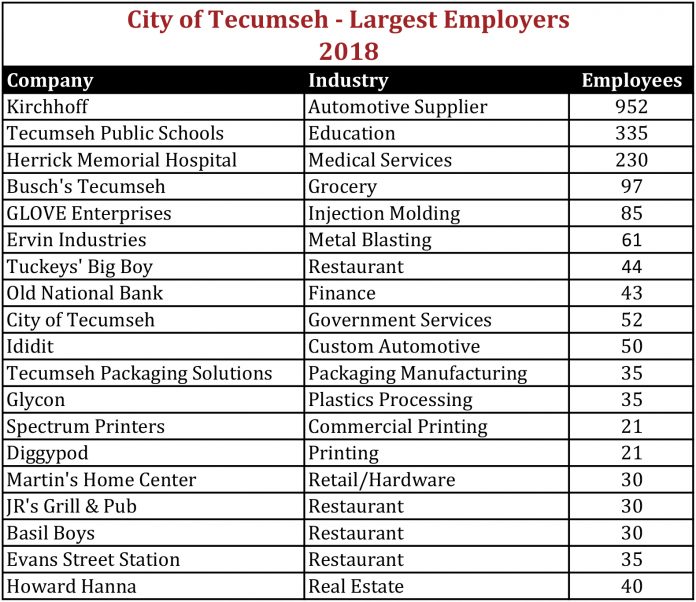Last Updated on April 7, 2024 by Nasir Hanif
In Canada, an Employment Litigation service can help you win a lawsuit over an employee’s rights and responsibilities. Various types of claims, including compensation disputes, bonuses, and Lay-offs and terminations, can be brought against an employer. These claims can result in legal fees and can be challenging for both Employment Litigation. However, if you have the right resources to help you navigate these claims, you can be sure that you’ll be compensated fairly and get the results you’re looking for.
Compensation and bonus disputes
If you have questions about the terms of your compensation and bonus agreement, it is important to seek legal advice. Hiring an employment litigation service in Canada can help you determine whether or not your bonus agreement is in line with your rights. This can help you avoid costly mistakes and get your bonus amount approved. An employee Hiring can review your contract and explain the terms to you. If you feel that your bonus agreement is in breach of the terms of your contract, you should immediately contact an employment litigation service in Canada.
There are many legal issues that may arise with bonus agreements. First, make sure that the terms are clear and unambiguous. Second, be aware of what the law states on the subject. For example, if an employee receives a bonus but leaves before the notice period is up, he or she may not be entitled to compensation. Moreover, the employee must meet the conditions under employment standards legislation. This is why it is essential for employers to seek legal advice on compensation and bonus agreements before hiring new employees or making changes to existing contracts.

Common law
The employer argued that a common law doctrine of constructive dismissal did not apply. The Ontario Court of Appeal rejected this argument but didn’t say it was wrong. Canadian courts hold that an employer must provide income support to employees who are laid-off or terminated. Although lay-offs can lead to terminations, they should be used in very limit circumstances. In addition, terminations trigger a variety of obligations that fall under common law, including payments related to employment standards and potential common law notice payments. These payments can provide months of financial support to an employee.
COVID-19-related claims
The Employment Litigation service at we focuses on COVID-19-related lawsuits. The firm handles many state and federal court cases and has created a COVID-19 Employment LitWatch tracker to monitor trends nationwide. The cases typically involve discrimination, disability leave, harassment, retaliation, and wage and hour claims. This service can help you navigate this complex legal area and protect your interests in the workplace.
The number of COVID-19-related employment lawsuits is increasing. According to Ogletree Deakins’ COVID-19 Litigation Tracker, over 2,500 lawsuits will be filed in the U.S. in 2020. That’s a nearly 50 percent increase from the final eight months of 2020. For those who’ve been unlucky enough to be affected by COVID, it’s important to consider hiring a qualified Employment Litigation service today.
Legal fees
Generally, a Canadian employment lawyer will charge an hourly fee, though some will charge a flat fee or contingency. The hourly rate of an employment lawyer in Canada can range from $300 to $1500. The lower end of the spectrum is the hourly rate of a junior lawyer, while the higher end is the hourly rate of a long-standing employment lawyer with more experience. The cost of an hourly consultation will depend on the type of case you have.
Legal fees for employment litigation in Canada are much lower than the costs for other types of litigation, like arbitration or mediation. In addition to the lawyer’s fee, you may also be responsible for paying other costs, including court applications, witnesses and interpreters, and any additional fees awarded by the court. More detailed information can be found in the Provincial Court Fees Regulation. In many cases, a limited time period applies to a particular case, or “limitation period.”

Cost of hiring an employment lawyer
Hiring an employment lawyer can be expensive. The price varies greatly by city. Employment lawyers based in large cities like Toronto will charge considerably more than those in smaller ones. For example, a lawyer in downtown Toronto with a decade of experience in employment law will cost approximately 25 percent more than a similar lawyer in Ottawa. However, it is not recommended to hire a lawyer from a different city. In such a case, the lawyer will likely charge you for travel time, which will add to the overall cost of hiring a lawyer.
When choosing an employment lawyer, make sure that you have an initial meeting with the lawyer who will be working on your case. During this meeting, you should ask the lawyer what the cost of pursuing your claim is and what the likelihood is of a positive outcome. In addition, you should also discuss the best course of action if you feel that you have a valid employment claim. This meeting will also help you determine if you have a valid case.


























